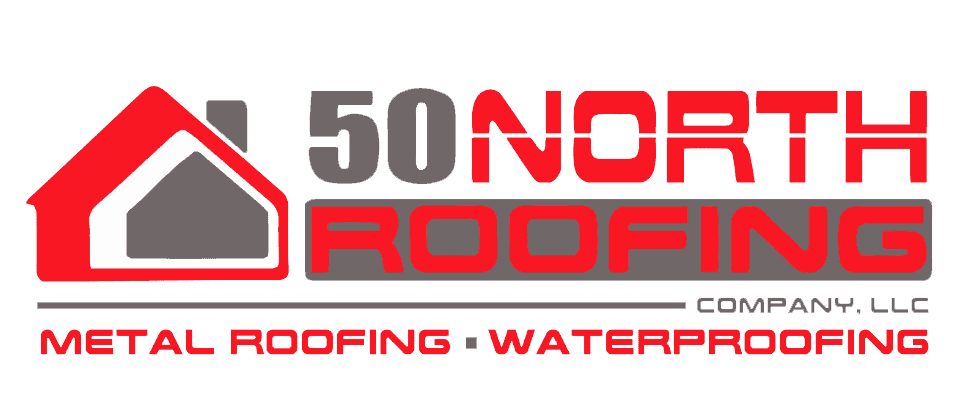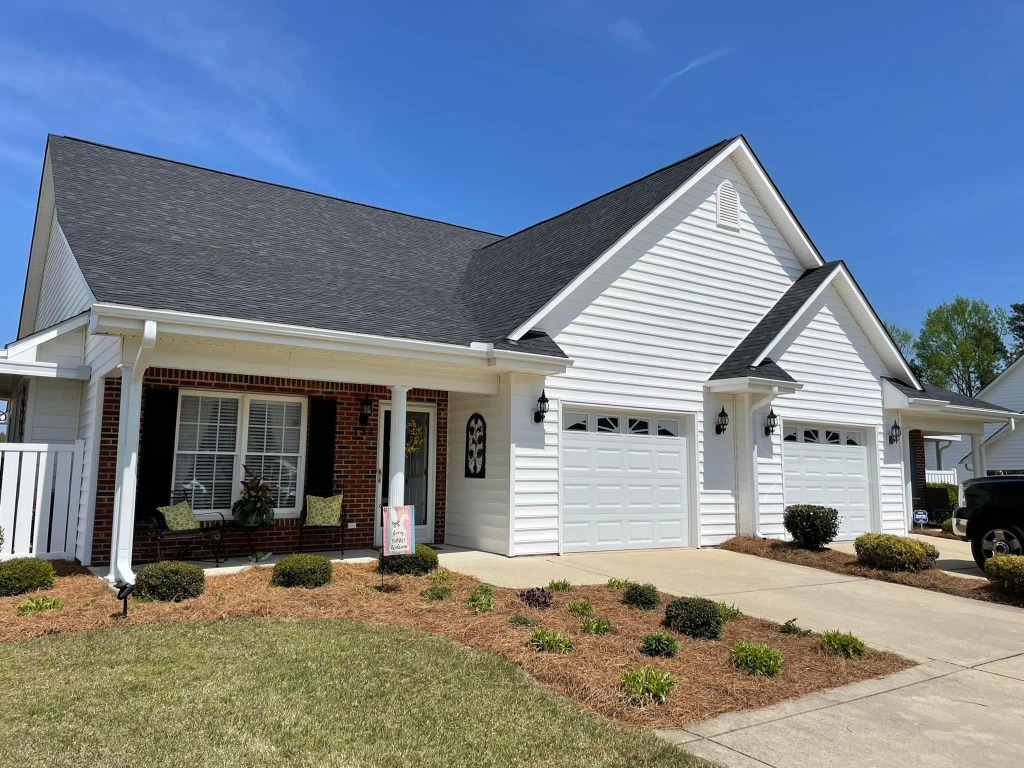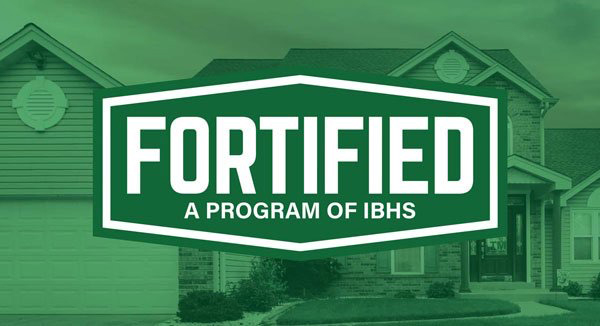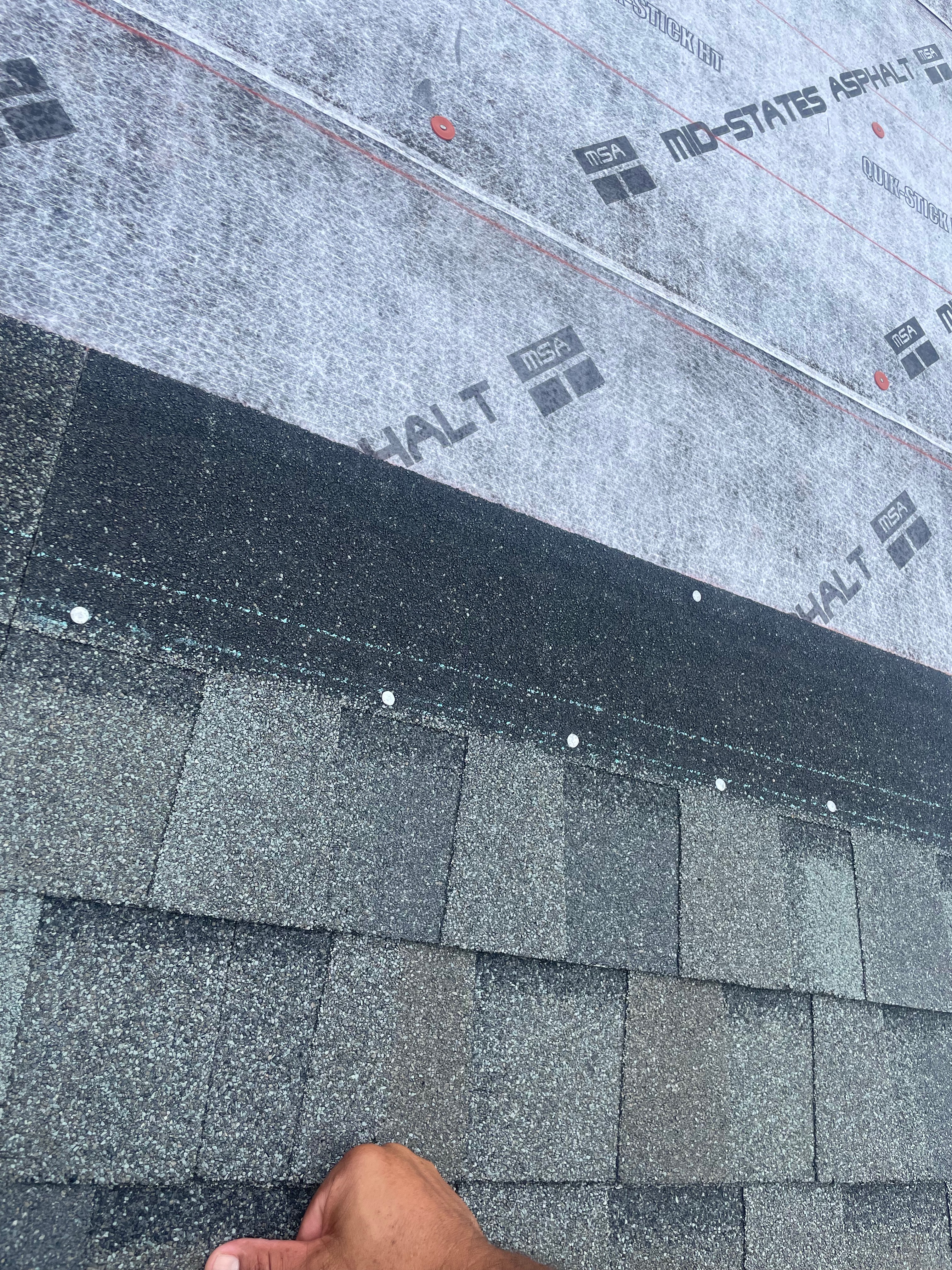Avoid Costly Mistakes: The Essential Questions to Ask Your Roofing Contractor
It’s important to carefully choose a roofing contractor who will do a professional job. The Better Business Bureau and other consumer agencies receive thousands of complaints about roofing contractors each year, and unfortunately, most states have few or no regulations regarding roofing contractors and installers. This lack of regulations creates a “buyer beware” situation when it comes to roofing your home, as there is a risk of hiring a contractor who does not follow proper roofing installation practices. Additionally, the low cost of entry into the roofing profession means that many people in the industry are not properly trained, and some may even be deceptive.
Before choosing a roofing contractor, it’s important to have a clear understanding of your specific roofing needs. In this post, we will provide guidance on how to assess your roofing needs and the questions you should ask in order to make an informed decision.
Before hiring a roofing contractor, it’s important to ask them a variety of general questions. Don’t be afraid to ask too many questions, as a professional and serious contractor will welcome them. If a contractor gets annoyed by your questions, it’s best to find someone else. As a consumer, it’s crucial to get the answers you need.
Here are some general questions that need to be asked of a roofing contractor:
- How long have you been in business?
- How local is your business?
- Who owns your business, and for how long have they owned it?
- What jobs do you have that I can go see?
- Who, exactly, will be installing my roof?
- Are they employees or sub-contractors?
- Can I visit a project they are working on right now and see them in action?
- What training and experience does the crew have?
- Have they been trained by the manufacturer of my roofing?
- What past customers can I talk to?
- When would you be able to schedule my job?
- How long will my project take?
- Do you have proper licensing and certification? Insurance? Workers’ Comp? Please show me proof of these things.
- Is a building permit required for my project, and if so, will you be pulling one?
- What steps do you take for the safety of your workers?
- What steps do you take to ensure the safety of my home and my family?
Now that you have obtained satisfactory answers to your initial questions, it is time to delve into the specifics of how they will approach and manage your project.
Here are some more questions to ask about your specific roofing project:
- How will you access my roof?
- How will you remove any materials that are torn off of my roof?
- Will you have a dumpster on the site?
- How will you protect my home’s gutters?
- How quickly can you react, and what will you do in the event of inclement weather?
- Will you provide me written warranties both for your workmanship and the product you will be installing? When?
- Will you be using fasteners approved by the manufacturer of my roofing material? Can you provide evidence of that?
- How do you ensure that the proper number of fasteners are used and that they are located correctly?
- How will you protect my driveway and the rest of my property from damage?
- What is the cost of plywood replacement if you find any that needs to be replaced?
- Who will be my contact during the project, and how readily accessible will they be? Ask them to provide you with specifications and instructions for the proper installation of my roof.
- Who, besides the installers, will be overseeing my roof installation for quality?
- Will you install all-new flashings, or are there any old ones that you will re-use?
- Are there any areas of the roof that you plan to just seal rather than flash?
Please explain how pipe penetrations will be handled. - How is payment handled?
- What things might cause a deviation from the contracted price?
- How will you be checking the condition of the decking on my roof?
- Will you perform fastener pull-out resistance tests?
- Why do you think my old roof needs to be replaced? Is there evidence of things like inadequate ventilation which I should address?
- Will you inspect my attic and help me evaluate whether now is the time to increase the ventilation in my attic?
- Will someone check if there is any evidence of leaks in my attic or high moisture levels and how to address those.
- Final Questions After Your Evaluation of the Roof
In order to compile your final set of questions, it is important to thoroughly assess and analyze your roof. Take the time to walk around your home and use binoculars if needed to thoroughly inspect the roof. Additionally, utilize online satellite imagery to identify any unusual areas on your roof. If you have access to upper-story windows that overlook lower roof sections, take advantage of this vantage point to gather additional information.
Be sure to carefully observe your roof for areas where debris accumulates, where there is significant wear, and where mildew or other biological growth is present. These signs may indicate areas that require special attention when re-roofing your home.
Be sure to inspect your roof for any low-lying areas where water may pool and not drain properly. Additionally, check to see if there is a cricket behind your chimney and determine the age of any skylights in your home.
Here are the final considerations for possible questions for your roofing contractor:
- If your roof has any details like walls, skylights, or chimneys, it’s important to ask the salesperson for photos or a sketch showing how those areas will be handled. This will help you identify the expertise of the person you’re working with. In general, flashings should be inserted either behind or into most roof protrusions, and skylights need to be curbed at a level higher than the roof plane.
It’s generally recommended to replace skylights that are ten years old or older. - When it comes to chimneys, it’s important to inquire about the presence of a cricket. If your chimney doesn’t have one, it’s recommended to consider adding one, especially for chimneys that are 18 inches or wider.
- Tell them to describe any unique features you have noticed in the design of your roof, particularly in areas such as dead valleys, and explain how you plan to address these issues.
- Ask if there are any areas of your roof that may need structural changes to prevent future issues.
- Make sure to mention the streaking and staining on your roof with the contractor and ask for their recommendations on how to prevent it from happening again in the future.
- Be sure to ask the contractor for documentation from the manufacturer of the roofing material to confirm its approval for use on low pitch areas of your roof.
- Make sure to clearly communicate to the contractor that you need assistance in evaluating whether your Attic Ventilation needs to be increased. It’s important to have a solid understanding of how ventilation works and its benefits beforehand.
- Also, be specific in understanding the details of what will be done on the new roof in terms of exhaust vents and how they will be balanced with your intake vents. Remember, when your home is re-roofed is the best time to address ventilation.
- Have an in-depth conversation about whether your old roof needs to be replaced. In certain situations, having two layers of roofing can be an effective solution.
- Talk about any ice issues you’ve experienced on your roof during wintertime and how you can prevent them from occurring again in the future.
- Be sure to discuss energy efficiency, potential recycled content, and recyclability when choosing an environmentally friendly new roof.
We recognize that there is a significant amount of information to consider when researching your next roof. It’s important to be thorough in your research, as the roof protects everything within your home or property. Don’t hesitate to ask questions! At 50 North Roofing, we are available to assist you in making a well-informed roofing decision that is best for you and your home, even if it doesn’t involve our products.




